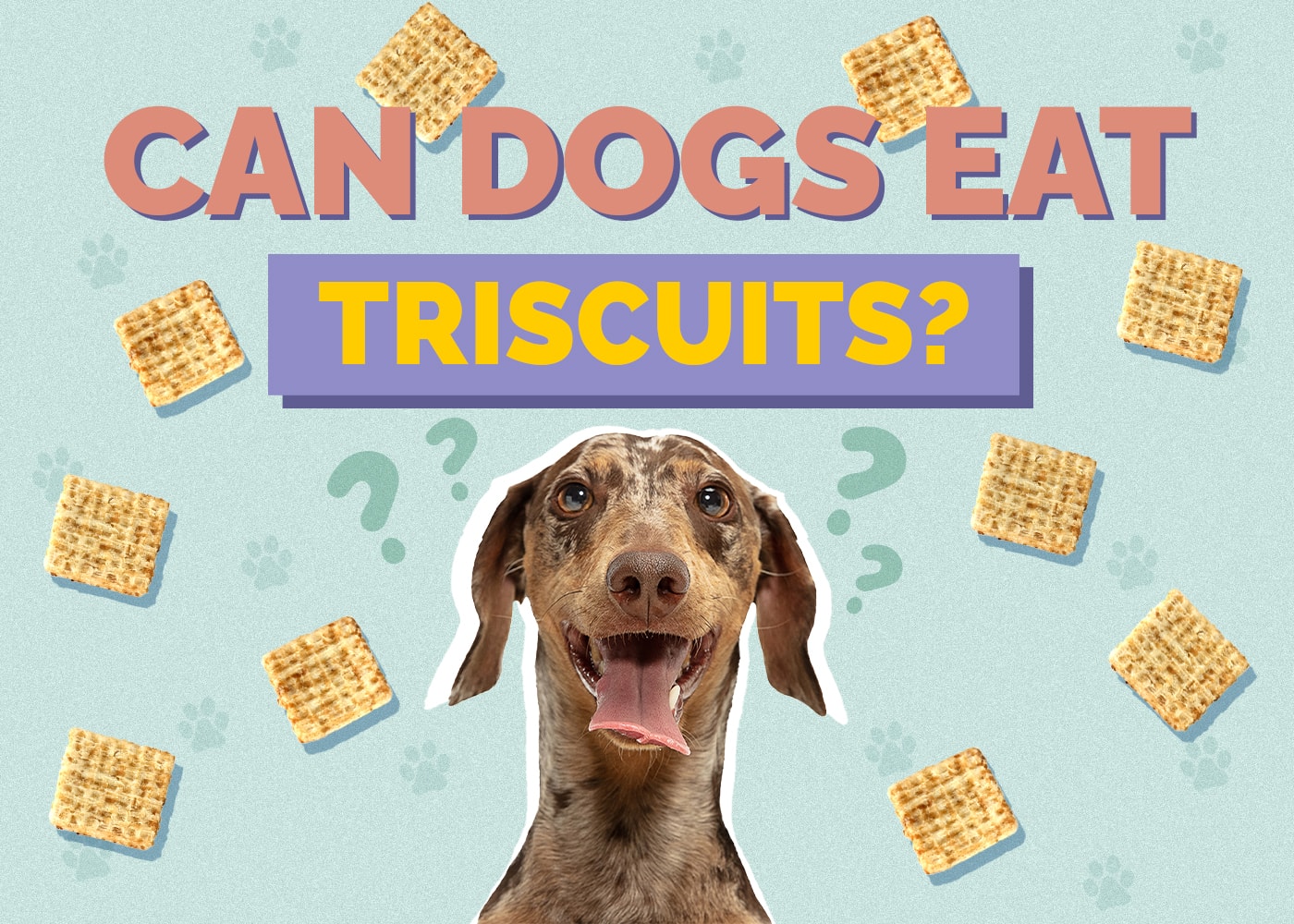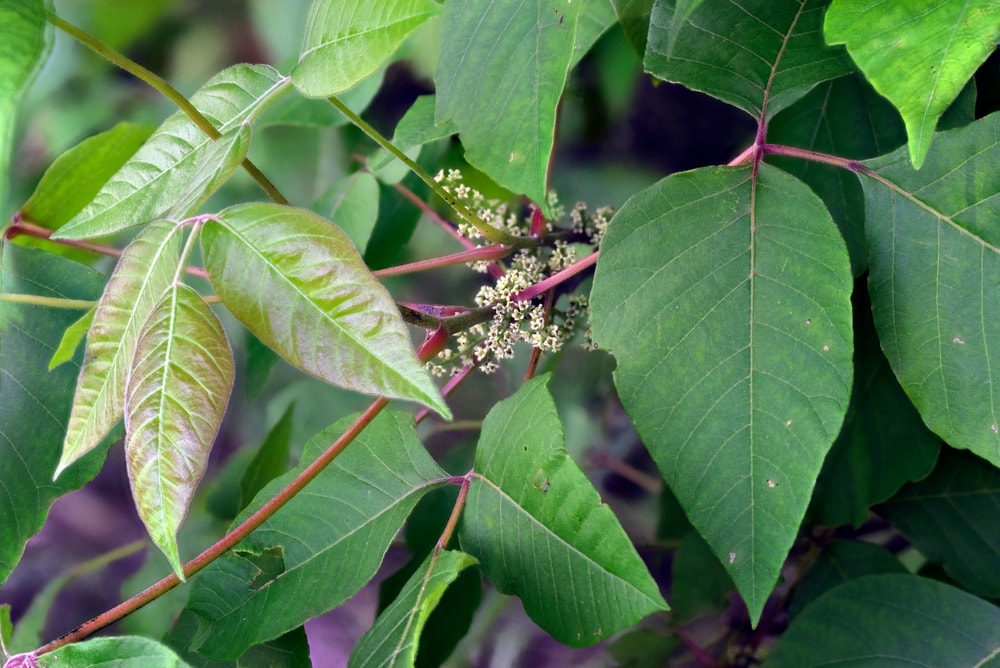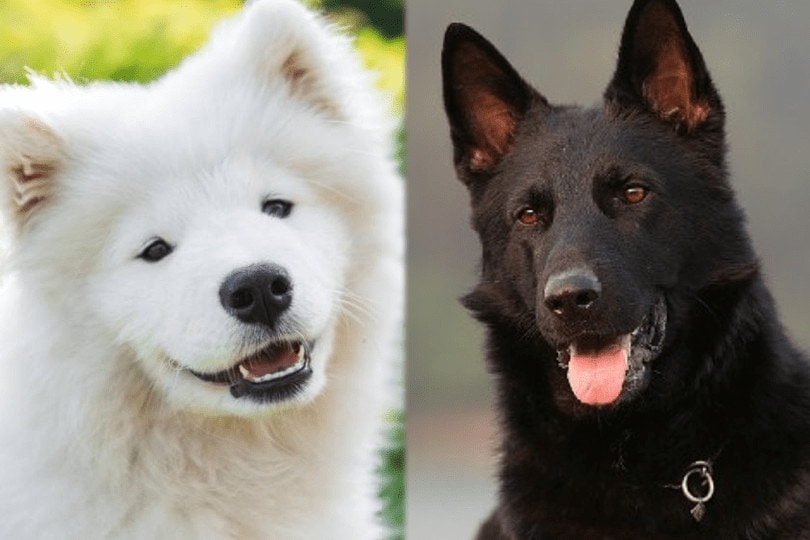Can Dogs Eat Triscuits? Vet-Reviewed Facts & FAQs

Updated on

Click to Skip Ahead
If you’re a dog owner who enjoys snacking on Triscuits, you may have experienced your dog begging to have a taste of your tasty snack. You may also be wondering if it’s safe to share these crunchy crackers with your furry friend. After all, dogs are known for their curious nature and tendency to beg for table scraps.
But can dogs eat Triscuits? While Triscuits are generally safe for dogs, they are not recommended as a staple treat for your furry friend. In short, Triscuits are highly unhealthy in dogs, especially in large amounts.
In this article, we’ll delve into the world of Triscuits and explore whether they are a safe and healthy snack option for your canine companion.
What Are Triscuits?
Triscuit is a popular brand of wheat-based crackers that are known for their distinctive woven texture and crunchy taste. They are made from just a few simple ingredients, including whole grain wheat, oil, and salt, and are often enjoyed as a snack on their own or used as a base for toppings such as cheese, dips, or spreads. Triscuits come in various flavors, including original, reduced-fat, and flavored options.
Are Triscuits Healthy For Dogs?

In short, no, Triscuits are not healthy for your dog. While Triscuits may be delicious and convenient snack options for humans, they may not be the best choice for your furry friend.
Triscuits are made from wheat, which is a possible but rare allergen for dogs. Some dog breeds are more predisposed to have sensitivities or allergies to grains, and consuming wheat-based products like Triscuits may cause digestive issues, such as upset stomach, diarrhea, or vomiting in some dogs. Additionally, Triscuits are often flavored with salt, which can be harmful to dogs in excess amounts. Flavored Triscuits that contain garlic or onion1 are definitely off limits to your dog because these ingredients are toxic to canines.
Besides the sensitivity, allergy, or toxicity risks, you should simply keep in mind that Triscuits are a processed food, and as such, they may not provide the optimal nutrition for dogs. Dogs have different dietary requirements than humans, and their digestive systems are adapted to a diet that is primarily based on animal protein.
The high calorie content of Triscuits can also put your dog at risk of weight gain and obesity, which can pose more problems for your dog’s health in the long run.
While Triscuits may provide some carbohydrates and fiber, they lack the essential nutrients that dogs need for optimal health, such as protein, vitamins, and minerals. Excessive amounts of fiber can also cause digestive problems in your dog.
What Are the Health Risks of Feeding Triscuits to Your Dog?
While Triscuits in small amounts are safe for dogs, feeding this snack in large amounts can put your dog at risk for various health issues.
Toxicity
The flavored Triscuits can contain onion or garlic in the ingredients list. Onion and garlic are toxic to dogs. Small amounts of these ingredients consumed over several days can cause a cumulative effect. Dogs can suffer from intoxication signs and anemia by ingesting human foods containing these ingredients, especially when they’re present in powdered, concentrated form.
Digestive Issues
Triscuits contain wheat, which is a common allergen for dogs. Dogs with sensitivities or allergies to grains may experience digestive issues such as upset stomach, diarrhea, or vomiting after consuming Triscuits.
In addition, an excess amount of fiber in your dog’s diet can have a laxative effect on your dog which may cause diarrhea.

Salt Intake
Triscuits are often flavored with salt, which can be harmful to dogs in excess amounts. Dogs have different sodium requirements than humans, and consuming too much salt can lead to health issues, such as increased thirst, dehydration, kidney damage, and high blood pressure. It would take many Triscuits to cause a medical problem, but it’s still best for dogs to avoid unnecessary salt intake.
Weight Gain and Obesity
Triscuits are a calorie-dense food, and excessive consumption of these crackers can contribute to weight gain in dogs. Just a few Triscuits can add up to a significant number of calories for a small or medium-sized dog, and over time, can lead to obesity.
Unhealthy weight gain and obesity can put your dog at risk for various health problems, such as diabetes, joint issues, and heart disease.
Nutritionally Inappropriate
As a general rule of thumb, human foods and snacks are not recommended for dogs because of the difference in nutritional requirements between humans and dogs.
Triscuits are a processed food, are mostly carbohydrates, and do not provide the balanced nutrition that dogs need for optimal health. Dogs require a diet that is rich in animal-based protein, and Triscuits do not meet this requirement.
Can Dogs Eat Other Kinds of Crackers?

As a responsible dog parent, you should know that not all human foods are safe for dogs, and crackers are no exception. While some plain, unsalted crackers may be safe for dogs in very small quantities as occasional treats, they are not recommended as a regular part of their diet.
Like Triscuits, other types of crackers are typically safe for your dog but may be harmful and unhealthy in large quantities. Checking the ingredients list is crucial. You must absolutely avoid any crackers that contain garlic, onion, or any other toxic ingredient.
Crackers are typically high in carbohydrates, salt, and processed ingredients, which may not provide the optimal nutrition for dogs and can potentially cause digestive issues, increase their salt intake, lead to weight gain, and even contain ingredients that are toxic for dogs.
What Are Other Snacks That Should Be Avoided?
It’s important to remember that dogs have different digestive systems and nutritional requirements than humans, and not all human foods are safe for dogs. Human snacks, especially highly processed foods, are not nutritionally appropriate for dogs, and they can cause a range of health issues.
Always opt for dog-safe treats specifically formulated for dogs, and consult with your veterinarian before feeding any human snacks to your furry friend to ensure their safety and well-being.
- Chocolate
- Grapes and raisins
- Onions and garlic
- Avocado
- Nuts
- Potato chips
- Pretzels
- Candies and sweets
- Cookies
- Other artificially flavored snacks
Final Thoughts
While Triscuits may be tasty and convenient snack options for humans, they are not recommended as treats for dogs. Triscuits may not provide the optimal nutrition for dogs and can potentially cause digestive issues, salt intake, weight gain, and nutritional imbalance.
As a dog parent, you need to be on top of your dog’s health and well-being by feeding them a balanced and appropriate diet that meets their specific dietary needs. When treating your dog, stick to dog-safe treats that are specially formulated for dogs to keep your dog happy and healthy!













